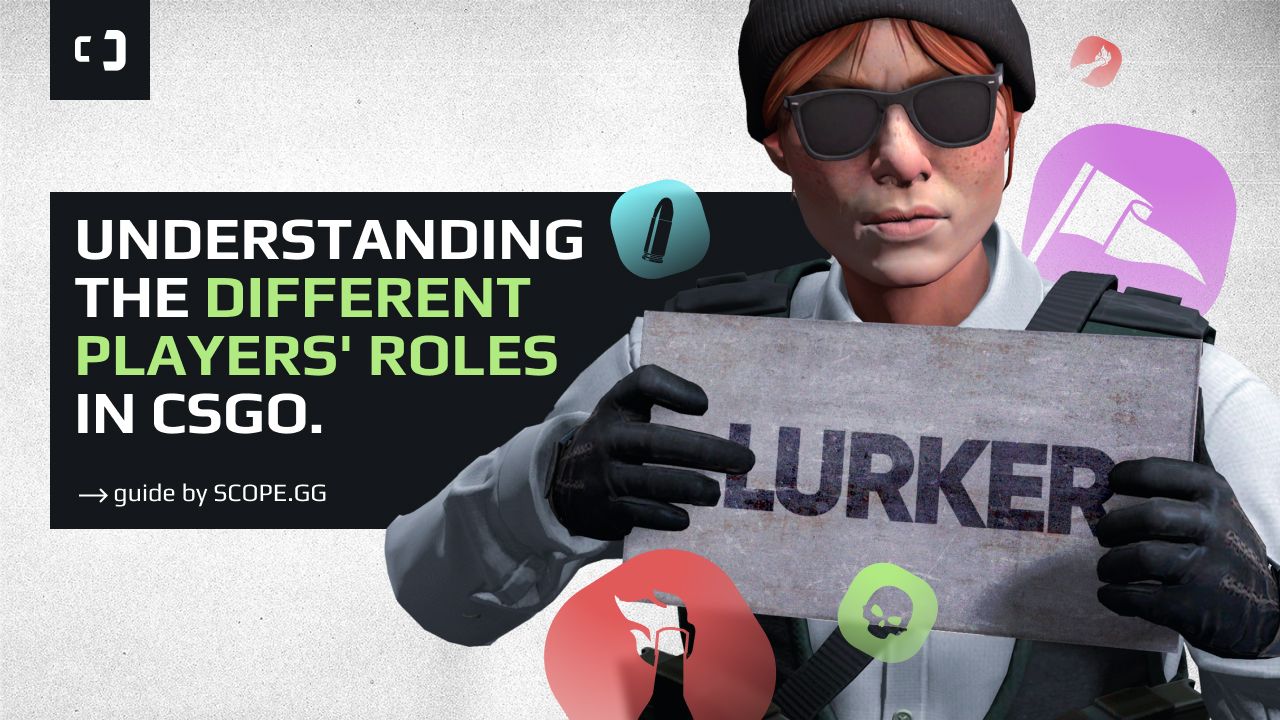79tka Insights
Your go-to source for the latest news and information.
Why Every CS2 IGL Should Consider Their Team a Family Affair
Discover why treating your CS2 team like family can boost performance, unity, and success. Unlock the secret to winning together!
Building Trust: How an IGL Can Foster Family Dynamics in CS2 Teams
Building trust within a team, especially in competitive environments like CS2, is essential for fostering healthy family dynamics. An In-Game Leader (IGL) plays a crucial role in this process by implementing strategies that encourage open communication and mutual respect among players. By organizing regular team meetings and facilitating one-on-one conversations, the IGL can create an atmosphere where team members feel comfortable expressing their thoughts, concerns, and ideas. This not only enhances teamwork but also helps to identify and resolve conflicts before they escalate, ensuring that trust remains at the forefront of the team's dynamics.
Moreover, an IGL can further solidify family dynamics by recognizing and celebrating individual and collective achievements. By establishing rituals such as post-match huddles or victory celebrations, the IGL promotes a sense of belonging and shared purpose. Encouraging players to support each other both in-game and in their personal lives fosters a bond that transcends mere gameplay. Ultimately, when trust is built through these practices, the team's performance in CS2 can significantly improve, as players feel supported and more willing to collaborate in high-pressure situations.

Counter-Strike is a highly popular multiplayer first-person shooter that focuses on team-based gameplay. Players can choose to be either terrorists or counter-terrorists, each with specific objectives. Understanding maps is crucial for success, and using resources like cs2 overpass callouts can greatly enhance your team's communication and strategy.
The Power of Unity: Why Teamwork in CS2 Starts with a Family Mindset
The world of Counter-Strike 2 (CS2) is not just about individual skills or impressive headshots; it thrives on the power of unity. When players adopt a family mindset, they create a cohesive team environment that elevates their gameplay. This unity fosters open communication and trust, which are essential for developing strategies and achieving shared goals. By embracing teamwork, players learn to support each other, share information, and work collaboratively to tackle challenges. This shift in perspective can transform a group of individuals into a formidable unit, enabling them to excel in competitive scenarios.
Moreover, a family-oriented approach encourages players to celebrate each other's successes and learn from failures together. In practice, this means acknowledging standout performances while also analyzing mistakes as a team. Establishing a strong foundation of teamwork in CS2 not only leads to improved player morale but also creates a resilient environment where members feel valued and empowered. As players come to understand the importance of collective effort over individual accolades, they strengthen their bonds and enhance their chances of victory in various game modes. In short, embracing a family mindset can be the key to unlocking the potential of any CS2 team.
Is Your CS2 Team a Family? Key Signs an IGL Should Look For
In the world of competitive gaming, particularly in titles like Counter-Strike 2 (CS2), the dynamics of a team can significantly influence performance. An In-Game Leader (IGL) should always be vigilant for key signs that indicate whether the team functions more like a family than just a group of players. One pivotal sign is effective communication. When teammates freely exchange strategies, provide constructive feedback, and support one another, it shows a bond that transcends mere teamwork. Additionally, look for moments of empathy; when players celebrate each other's victories and comfort each other after losses, it reinforces a familial atmosphere that can boost morale and resilience during crucial matches.
Another essential indicator is the level of trust within the team. A family-like team exhibits mutual trust, where players feel comfortable taking risks and making decisions without fear of harsh judgment. This trust can be assessed through the way players interact with one another during both practice and competitive play. If teammates consistently back each other up, whether in strategy or execution, it reflects a deep-seated loyalty that enhances team cohesion. Additionally, consider the overall enjoyment and passion expressed by the players; a team that laughs together, enjoys training sessions, and shares personal experiences is more likely to thrive. Nurturing these relationships can lead to a unified team ready to tackle any challenges in the CS2 competitive scene.